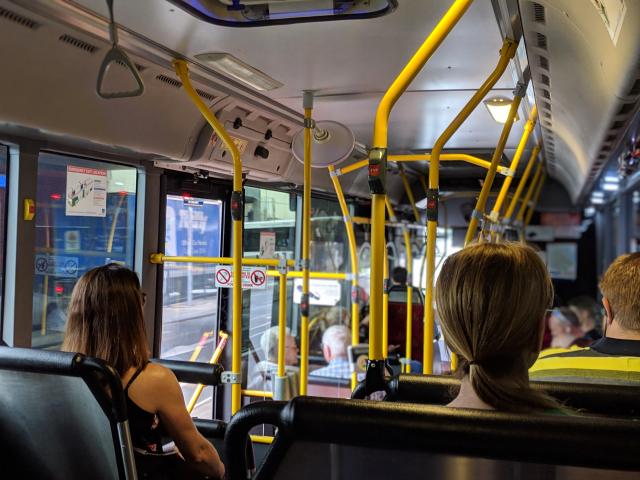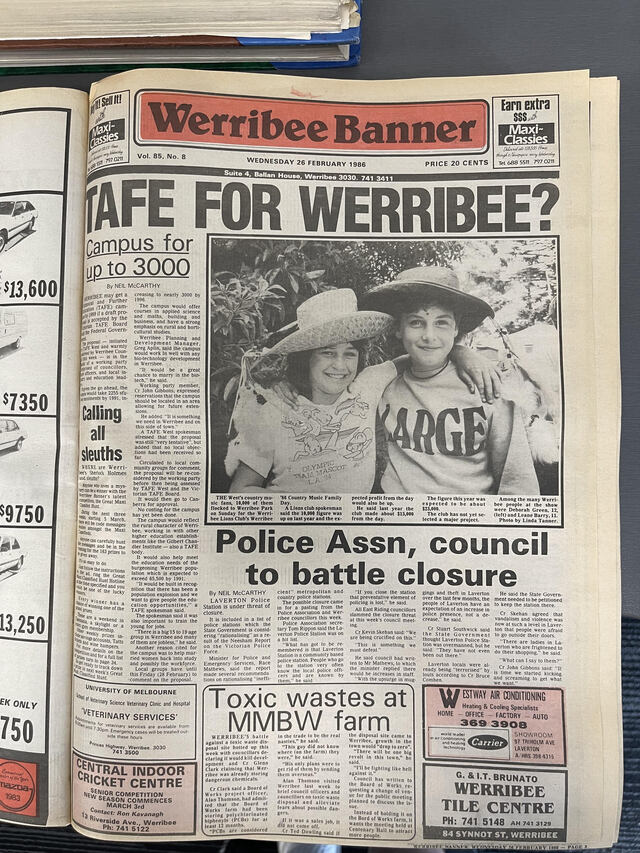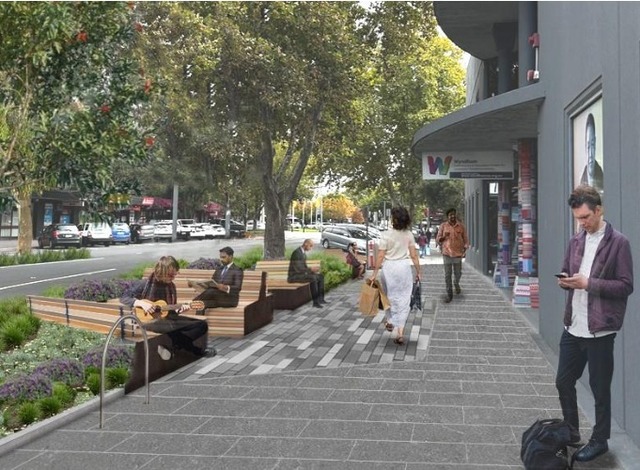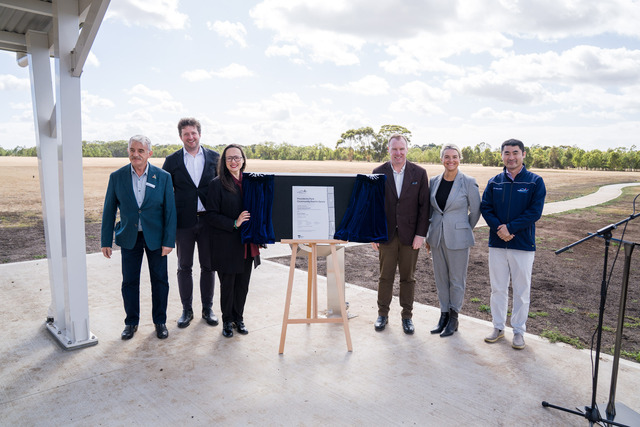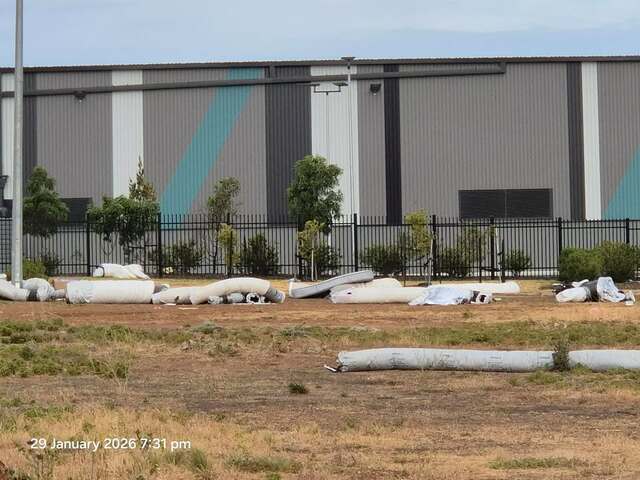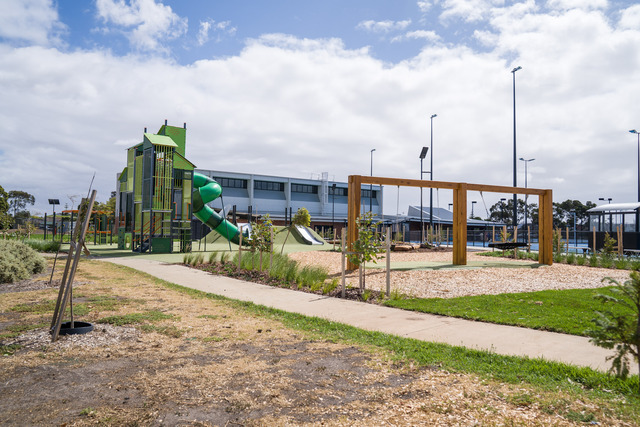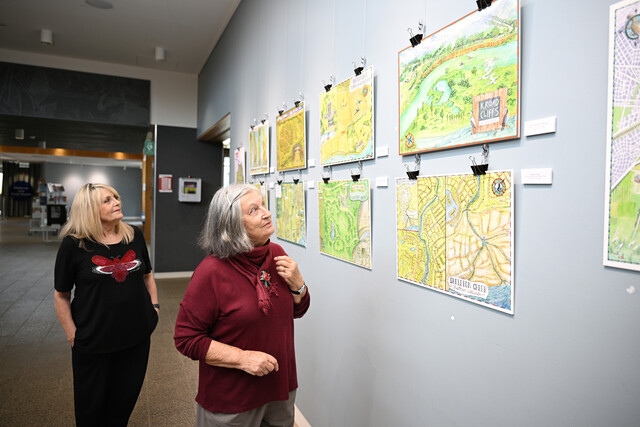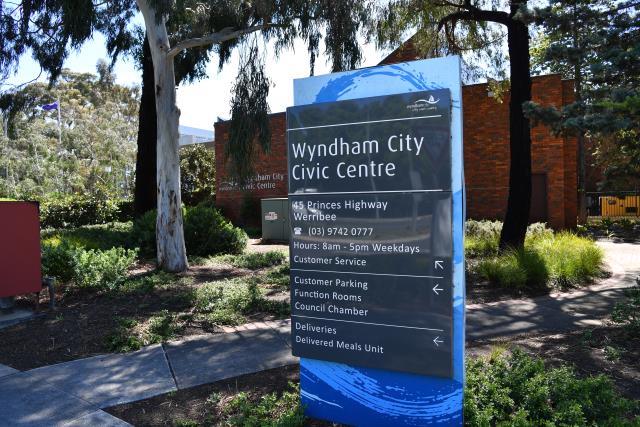A faster, fairer and better-connected bus network is needed for Melbourne, especially in “under-serviced outer growth areas”, according to new research from the state’s independent infrastructure adviser.
Infrastructure Victoria released a report on Wednesday on the state of Melbourne’s bus network, and made 10 recommendations to the state government – beginning with increasing the frequency of bus services in outer and growth area suburbs.
Infrastructure Victoria acting chief executive officer Dr Allison Stewart said Melbourne’s growth suburbs need good public transport now and buses are the best way to deliver it.
“Unless they live in areas near train and tram corridors, most Melburnians must rely on a slow and patchy bus network. Average wait times for buses are about 40 minutes during a typical weekday and 50 minutes on Sundays,” she said.
Other recommendations in the report include priority bus lanes, bus rapid transit routes, extended operating hours and lower fares, with suburbs such as Tarneit, Point Cook and Werribee mentioned as areas that would benefit from their implementation.
The report was welcomed by Point Cook’s Senthill Sunbaram, the founder and president of public transport campaign group, Wynbus.
Mr Sunbaram said the recommendations echoed what Wynbus had been calling for for years.
“We have already been campaigning for 10 minute frequency buses on arterial roads and supported by mini buses on the interior roads which act as feeder buses to the arterial roads and other transport hubs,” he said.
“We’ve also been campaigning for priority bus lanes on artertial roads so they don’t get clogged by other traffic.”
Mr Sunbaram said with no trams, few trains and rapid growth, the need of better bus services in Wyndham was especially urgent and that the status quo couldn’t go on.
“Currently commuters are forced to walk up to 5 km to even catch a bus which runs at a frequency of 40 minutes to one hour during off-peak times,” he said, adding that those, such as the elderly and disabled, who cannot drive, were particularly disadvantaged.
In response, the state government acknowledged the importance of bus services and touted it’s existing efforts to improve them.
“We welcome , which supports the important work we’re already delivering with Victoria’s Bus Plan,” said a spokesperson.
“Through a range of initiatives including improving existing routes, adding new bus routes and supporting a transition to zero-emissions buses, we are making sure buses play a stronger role in a transport network critical to growing a more liveable and more connected Victoria.”
There was no comment on the report’s 10 recommendations.

